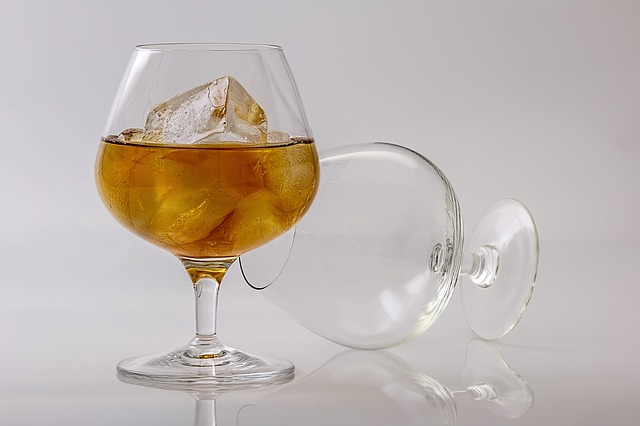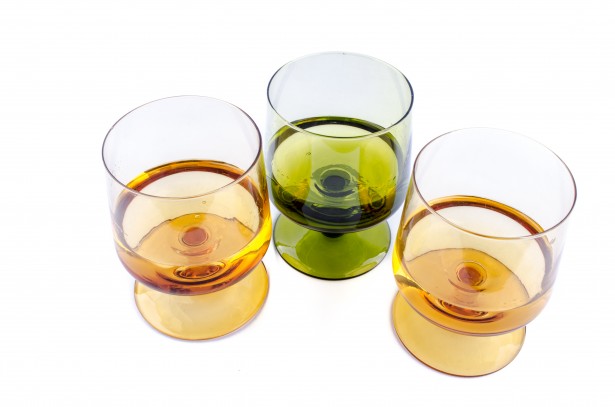A brandywine variant, typically around 40 percent in alcohol volume content; cognac has the power to make non-Europeans feel like they are sitting by the Eiffel Tower. With a surge in celebrity endorsements and overall favorability among Europeans, numerous cognac labels have commercially reached throughout the world. Originating from Cognac, France, cognac has spilled its roots to other countries creating their own distilleries, such as China and India. This class of alcohol is categorized under 4 separate grades: VS (very special), VSOP (very superior old pale), XO (extra old), and Hors d’âge (beyond age)
Very Special
On a tight budget or throwing a large party? Interested in trying cognac, but do not want to pay a steep price, because you are unsure if it will match your taste? Pursuing a bottle of cognac that won’t break the bank? This particular grade ends your search. Almost every respectable cognac label, has this grade accessible for purchase. The cheapest cognac mix, attached with a minimum 2 year aging process in oak barrels. This variant gains the nickname “three stars” due to its quality. However, this grade does not come even close to premium standards. Like most alcohol, age distillation is the main factor in a drink’s value and texture. Very special blend is typically purchased for cocktails and mixed drinks. It is less common for one to sip this straight. Additionally, it is important to note, that you get what you pay for. Sugar syrup and caramel are ingredients that are sprinkled into this product; enhancing the taste and light-brown coloring.
Very Superior Old Pale
Eager to buy someone a classy gift or make a lasting impression, without spending an ultra-luxury price? A step above the previous entry, this blend’s aging process is at least 4 years. Some labels are stored in oak barrels for an extended period of time, around 5 or 6 years. This grade does not have any additives that contribute to the drink’s light-brown color or sweetness. Majority of big name cognac labels promote this grade, for its natural properties and fine flavor. This grade is targeted towards cognac patrons that do not mind spending a few extra dollars; demanding a high standard drink that fulfills their desires in: aroma, taste, body, mind, and spirit.
Extra Old
Going to a fancy night club downtown? Want to split a classy bottle with a friend? Strolling through the liquor aisle and find most cognac does not meet your standards? If any of these concerns address you and are cognac enthusiast that does not mind spending a significant amount of money on your favorite type of alcohol, then you perfectly blend with this cognac mix. This potion is stapled with a minimum aging requirement of six years; next year (2016) the law for this cognac variant will be raised to 10 years. However, some labels brag their extra old cognac has aged in their oak barrels for up to 20 years. Depending on its maturity, a typically extra old cognac will magically make 150-250 dollars disappear in one’s bank account.
Beyond Age
If you thought, “how could it possibly go beyond the previous grade?” Cognac labels have marketed this variant as the Ferrari of cognacs. This grade is usually only bought for special occasions such as: weddings, anniversaries, birthdays, etc. This class is pushed as an upscale alternative to extra old. Beyond age is bind to the same age requirements as extra old, but this cognac is usually stored in oak barrels for several decades. The lowest average is 20 years, but some labels store this ultra-premium label, for up to 100 years. In other words, there is cognac that has been soaking in an oak barrel since the First World War. A single bottle can cost thousands of dollars.
Conclusion
Hopefully you have a complete understanding of the various grades of cognac. Each one has something to offer consumers. Whether they are newcomers, die-hard cognac lovers, or occasionally enjoy sipping a drink. Remember, the older the bottle, the steeper the price. Prestigious brands: Hennessey, Mansion House Brandy, Old Admiral, Martell, and Remy Martin. Make up a small percent of the 200 plus cognac companies.

